Good Reads Q&A: New Writers Project Student KB Brookins on Their Debut Memoir and Growing Up in Texas
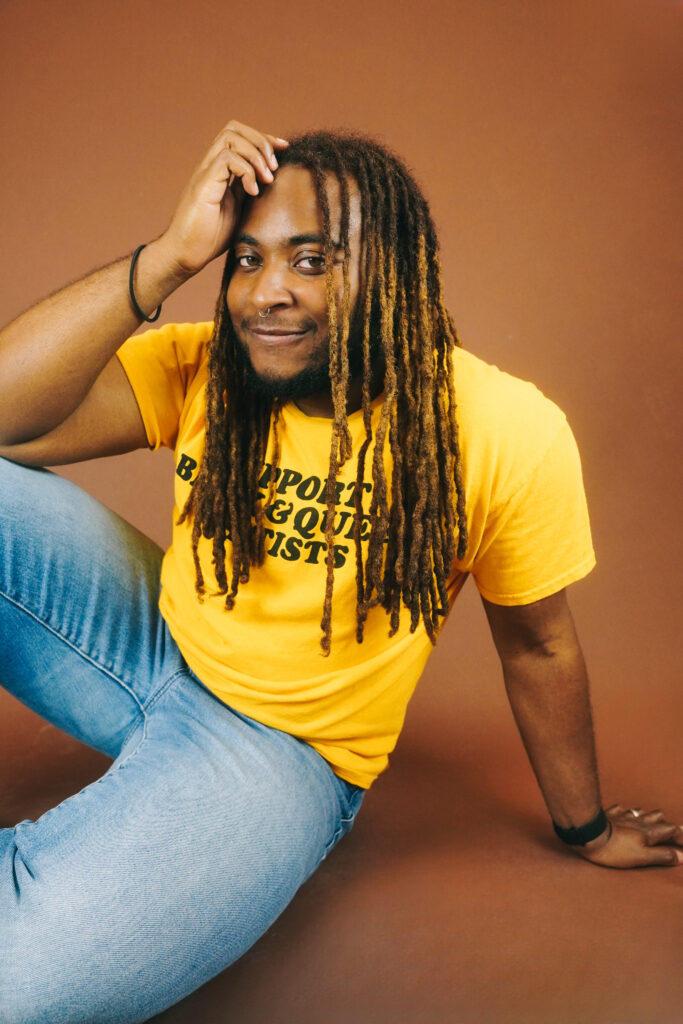
KB Brookins, an MFA candidate at UT’s New Writers Project and the author of two acclaimed poetry anthologies, released their memoir, Pretty, in May 2024. Brookins was a foundational force in the creation of Austin’s adult Poet Laureate program, with the support of the Austin City Council and the Austin Public Library. Brookins’ work has received numerous accolades including the Texas Institute of Letters Award for the Best First Book of Poetry for their poetry collection Freedom House and recognition from the Poetry Foundation and Academy of American Poets, and their work has been published and reviewed across the country.
Pretty forms a profoundly intimate portrait of the author, with poems interspersed throughout the memoir. The book focuses on the author’s experience as a Black, trans writer living in Texas and explores the notions of patriarchal masculinity and the construction of gender in our society.
The Alcalde spoke with Brookins after the Texas Book Festival in November 2024. During the interview, the author mentioned a plethora of resources regarding Austin’s literary community that readers can access through Brookins’ website.
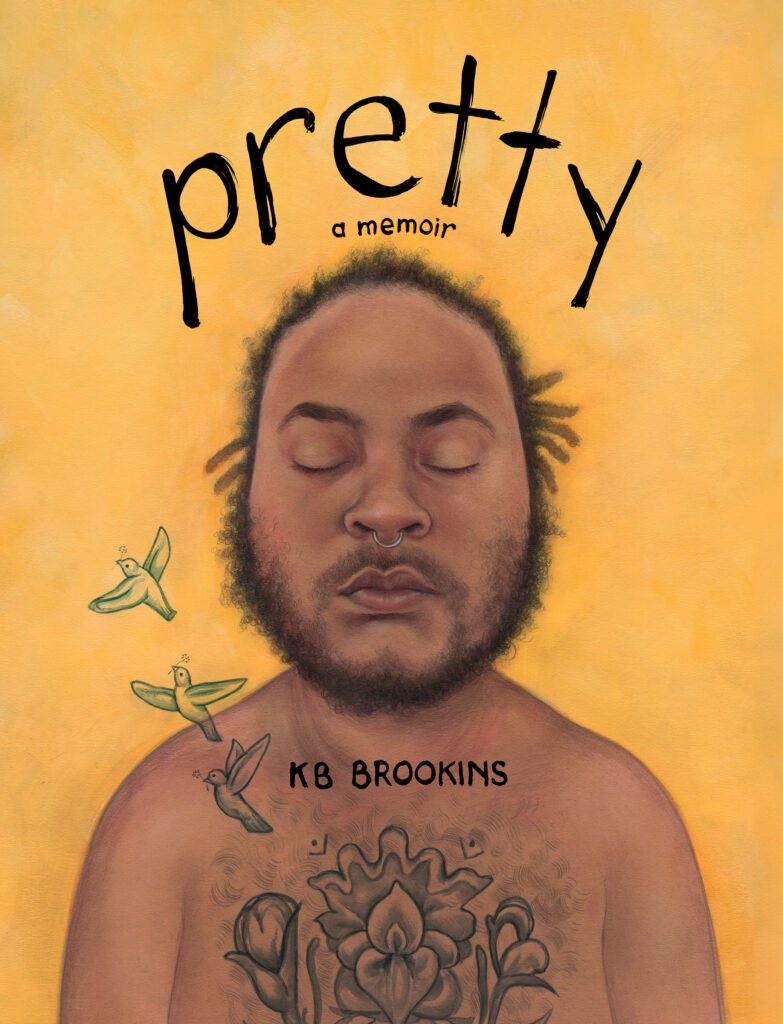
When did you first start writing?
I started writing poetry at the age of 15 because of an after-school program at my high school called the Poetry Society, led by a really dynamic teacher named Elaine Duran. It was the first time in my life that I felt like I was saying things that I previously thought were unsayable and knowing things that I thought were unknowable. [Writing poetry was about] getting more familiar with who I was as a young, Black, queer person growing up in Texas. I grew up in a very segregated Fort Worth, Texas, which wasn’t the most inclusive place for queer and trans people. I’m 29 now, and writing has been the thing that I’ve been most consistent with and the thing that I feel happiest doing as a profession and as a politic and how I govern my life.
I find poetry to be a genre that requires vulnerability. It requires actively participating in the world around you, knowing what social justice things are going on, knowing what the trees are doing—finding the natural metaphors that occur in everyday life, as my friend Seamus Faye, who is another trans poet, would say.
Tell us about your memoir.
Pretty is a multi-genre memoir that circles the themes of transness, masculinity, race, and growing up Black and trans in Texas. Around four years ago, I had this idea that I was a poet and nothing else. Like, I’m a poet, and that’s what I’m going to write in perpetuity.
I had always been curious about nonfiction, but I was scared of the prospect of committing to a story being true. I had started writing nonfiction around the beginning of the pandemic about things I was reading and albums I was listening to. My editor at Knopf told me, “I feel like the most salient things in here are when you are focusing on yourself, rather than focusing on an album or song.”
So then I laser-focused [my writing] on the uniqueness of growing up in Texas and being Black and trans. Often, when I tell people I’m Black, trans, and from Texas, they are confused or feel sorry for me. There are so many misconceptions in that reaction, and I want to dispel those. And I also want to break through the whiteness that is so prevalent in LGBTQ literature. I was having a real problem with that early in my transition, trying to find a book that felt a little bit closer to my experience.
I was writing about things that had happened maybe 20 years ago that I was still thinking about—how they shaped the way I view my race, my queerness, and my masculinity. In a way [the memoir] is a failed poetry book, but also, it’s a coming together of things that I’m afraid of. It’s my job as a writer to continue to look closer at things I’m afraid of.
How does poetry allow both inward contemplation and societal commentary?
I think it’s important to embrace the genre that tries to tell you the truest thing in the quickest way possible. I’ve gravitated toward poetry because I feel like it reveals things about us that we can’t put into words, that we only think about when no one else is around. There are poems I still think about that I read years ago that made me think, I didn’t want to believe that about myself, but you said it, and now I’m sitting with that discomfort, sitting with that truth, and now I can’t go back, now I can’t unknow that thing about myself or about how the world works. Poetry also unearths things about society, about international issues that are relevant to the way that our country runs.
And I think contemplation and poetry are side-by-side almost all the time due to the nature of how a poem unfolds. To me, a poem unfolds because I’m contemplating a thought or feeling and letting my mind run with that as far as it can possibly go. Maybe by the end of the poem, I’m in a totally different place than where I was at the beginning. Poetry has taught me patience, stillness, and allowing myself to really sit with a thought.
What advice would you give to aspiring writers who might feel daunted by the current sociopolitical climate?
[The climate in Texas] is hostile to books right now because folks who are trying to ban books know that books are powerful. Before I had queer and trans chosen family—before I met an out trans person in person—I had books. For those of us who are living in places where we don’t have queer ancestors, we get those ancestors through books. We get to know how the world actually works—not just what we are being fed, but our real history.
For young writers, know that you are in a vocation that is literally one of the only things splitting through the noise. Take yourself seriously. Do not tell yourself “no,” just write down the things that you are feeling and seeing and the things that you know to be true, because somebody out there, like a young KB, might need to see that. It might be the thing that they’re waiting on.
But also, write to you. Write the things that you wish you could see in books that you don’t necessarily see. My memoir is a book that I wished was on the shelf, so I created it.
This interview has been edited and condensed.
CREDIT: Portrait by Mama Duke


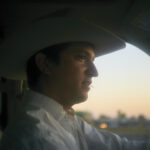
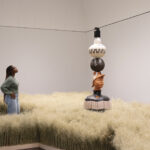
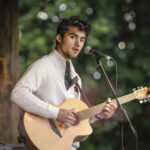
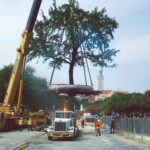

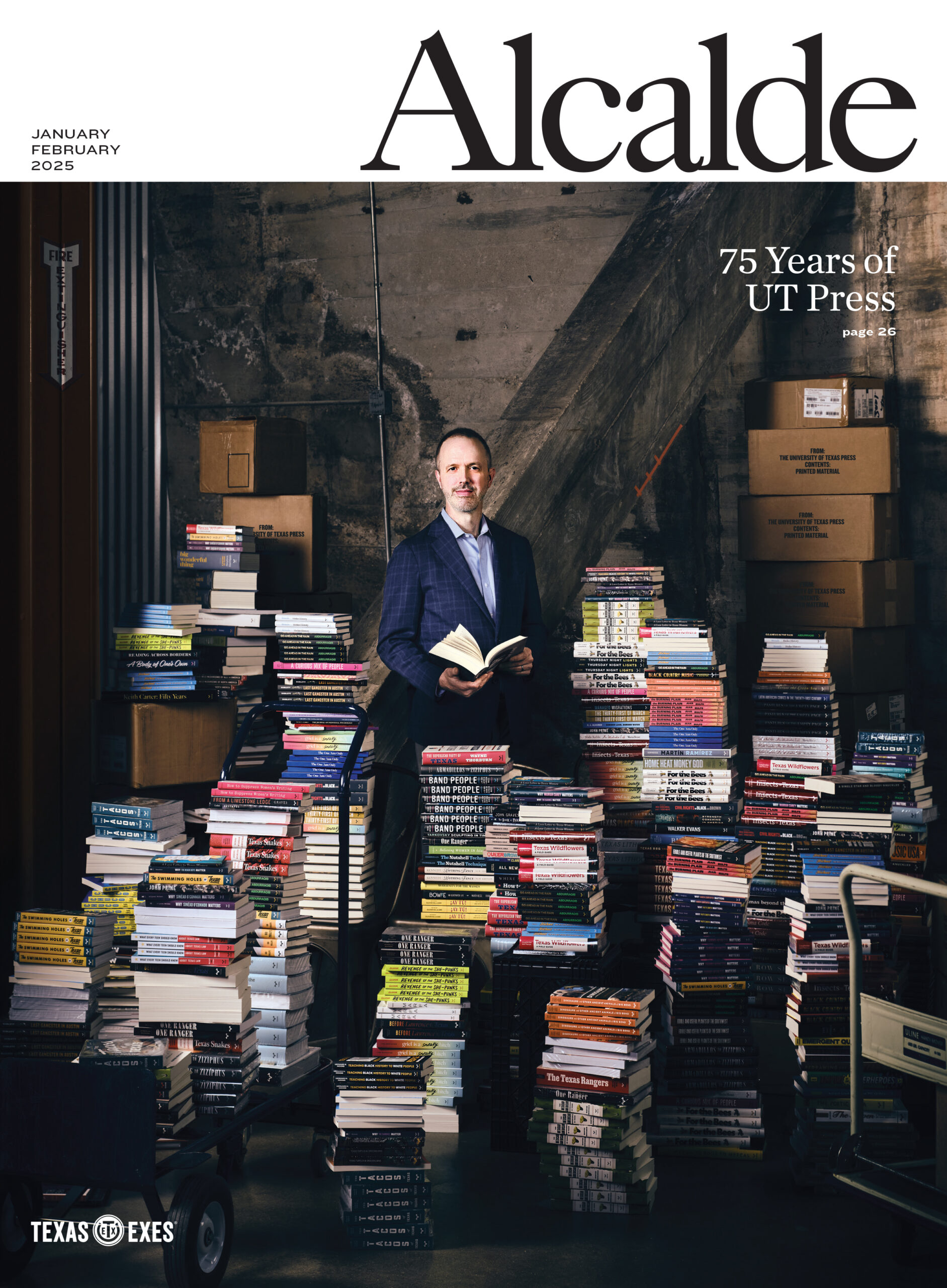
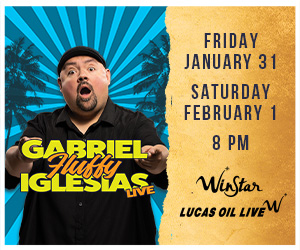


No comments
Be the first one to leave a comment.